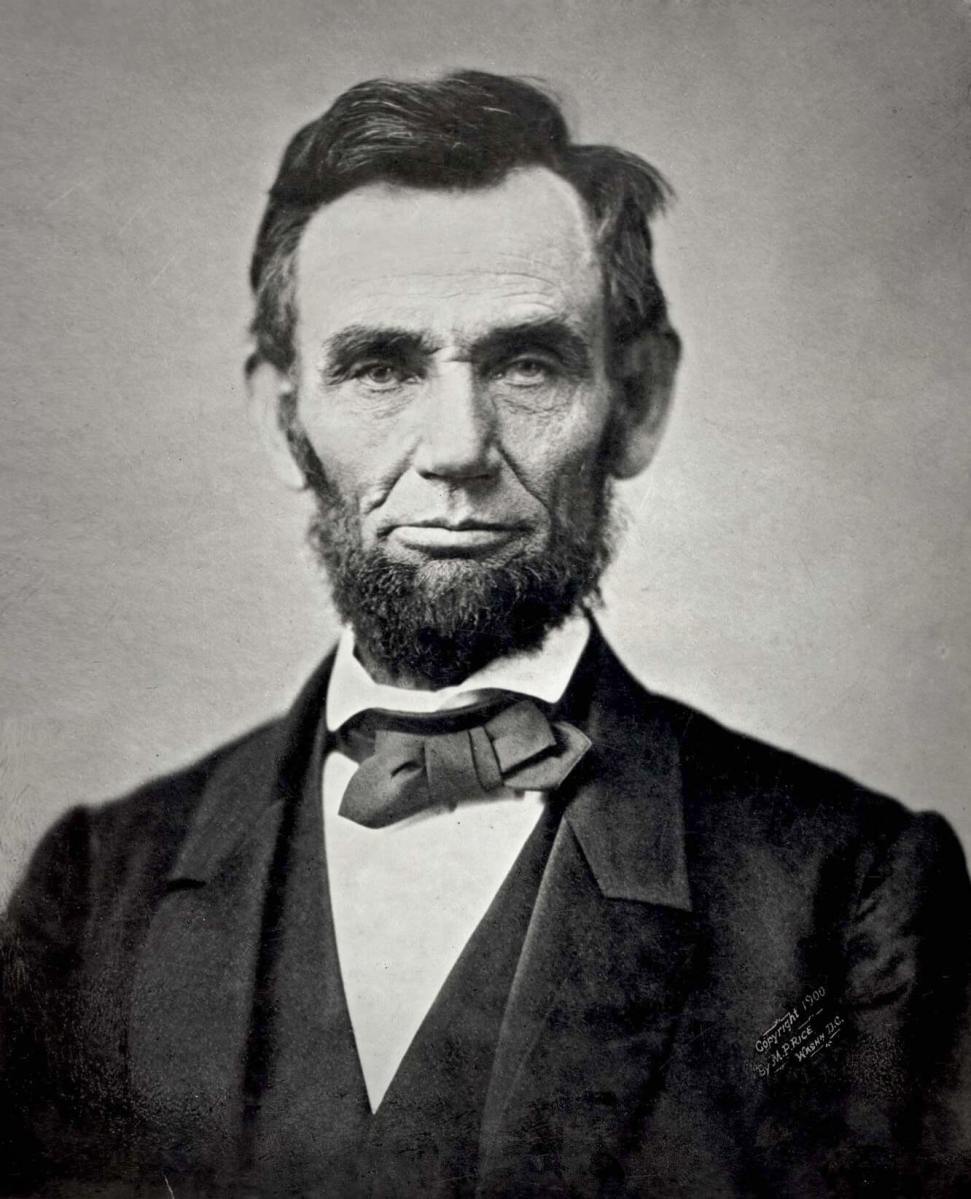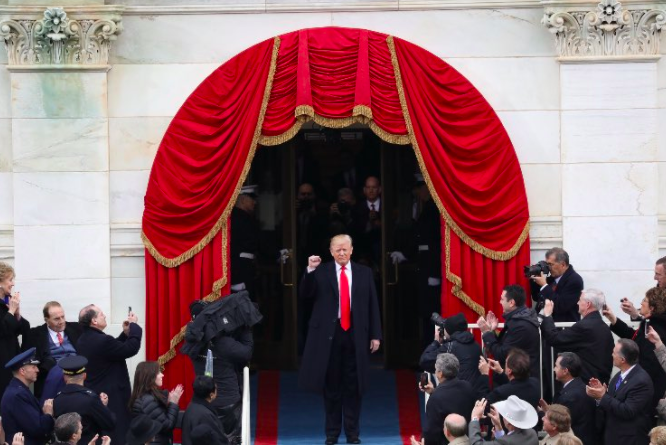This week marks 150 years since President Abraham Lincoln was assassinated. Lincoln, shot by John Wilkes Booth at Ford’s Theatre in Washington, D.C., would become the first American leader to be killed in office. Many historians rank him as the nation’s greatest president: he led the U.S. out of civil war, abolished slavery, strengthened the federal government and modernized the economy. Orville Vernon Burton, professor of History at Clemson University, South Carolina and author of book “The Age of Lincoln”, delves deeper into the mind of the famed leader. What is the importance of Lincoln in American and world history?
– I believe he was one of the greatest presidents of the United States. Lincoln said if he was to be remembered for acting it would be for the Emancipation Proclamation, but I believe while Lincoln has come to represent a “new birth of freedom”. He changed the meaning of liberty from negative liberty to positive liberty; he took Americans’ mission statement, the Declaration of Independence, and put it into our rulebook, the Constitution. With the Thirteenth, Fourteen and Fifteen Amendments to the U.S. Constitution he stated to individuals that the government would guarantee that they are free and have equal rights. It inspired the world. This is one of his greatest contributions. However great he was, Lincoln was assassinated. Why?
– Lincoln was a great statesman, and a master politician, and by end of the Civil War he had gone from despised and criticized to “Father Abraham” and had the gravitas to make reconstruction work. He would never have allowed the horrible violence and terrorism that was inflicted on black and white Republicans in the South. His belief in the rule of law would have insured that there would not have been the counterrevolutionary terrorist overthrow, the coup d’etat that ended reconstruction and a legitimately elected interracial government. LGBT activist and writer Larry Kramer has claimed Lincoln was gay. Any truth in that?
– I believe that Lincoln has become such a mystic and appealing figure that represents the best about the U.S. and Americans that most Americans write themselves into Lincoln. Thus it is no coincidence that I argue that Lincoln was a Southerner and the greatest theologian of the 19th century as well as the greatest president. I think Kramer does not understand the 19th century. Men often shared beds, beds were scarce. Sometimes men at West Point slept four to a bed, and men like Lincoln were sentimental and emotional and wrote letters that can be read as romantic instead of a “brotherly” non-physical love. Lincoln had children by Mary Todd and the first was born within nine months of his marriage. We will never know for sure probably, but most historians do not believe Lincoln was gay. Like a lot of country boys he was awkward around women, but that was common. I would like to think that Lincoln would have supported gay rights today. I do not think it can be proven, and also in the 19th century homosexuality was viewed very differently. What other controversies are connected to Lincoln’s name?
– The biggest controversy is Lincoln and race, as race remains a central problem in America today as it was in Lincoln’s time. Like most people in the 19th century, Lincoln used the “n” word and told racist jokes. But that does not mean we should not value his heroic characteristics and efforts. We have to put Lincoln in his context. When historians were interested about slavery, he looked very good. But when historians became interested in race with the Civil Rights Movement, Lincoln went from the ‘Great Emancipator’ to the ‘Great White Honkey’ in some people’s understanding. But if they put Lincoln into context they will understand how very good he was, so much better than most on race. He was never an abolitionist but Lincoln is a poster child for education and lifetime learning. As he met African Americans such as Frederick Douglass, Harriet Tuban, Martin Delaney and Robert Smalls, he moved on his views in race so that by the end of the Civil War as with the Emancipation Proclamation, Lincoln is leading the nation to a better place on race. What are the lesser-known facts about Lincoln?
– Lincoln was a great athlete, his father had worked him like a horse and he was strong as an ox. His wrestling power was legendary, and he was quick. I After returning from Congress he ran a foot race with a man nearly half his age and won. He probably would have a college athletic scholarship today in American football or basketball. He was also a geek. He loved technology and always was trying to figure out who things worked, drove some folks crazy how he wanted to understand how things might be made better. This mattered in the Civil War as he encouraged technological development like the Gatling gun. He is the only president who has a patent – to get flatboats over shoals, a practical thinker for solving real problems. What are people not aware of regarding his life?
– People are not aware how Lincoln understood that democracy is not static, that it can move forward and backward. And Lincoln linked education and democracy. Abraham Lincoln and Charles Darwin were born on the same day (February 12, 1809), and I like to think that Lincoln represented the American new way of inquiry and education.
Abraham Lincoln: 150 years after his assassination



















